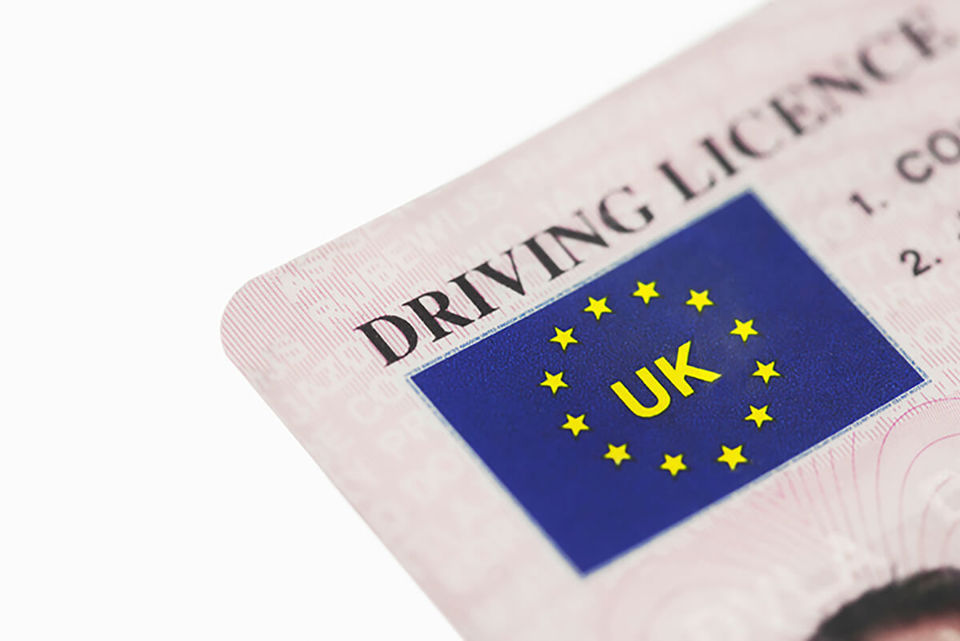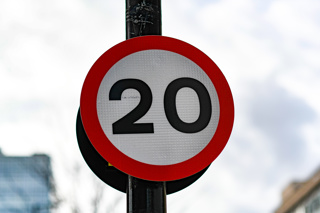The courts have dropped two cases against drivers incorrectly charged with not keeping their driving licences up to date.
They were facing a hefty fine and points on their licences before last week’s ruling, which came after an earlier admission by the courts that “many more” have been wrongly convicted in the past.
Michael Pace, partner and head of motor law at solicitors Andrew and Co, had previously warned fleets that some police forces were threatening to impound vehicles for not having ‘valid’ driving licences.
However, the fact that these two cases had progressed to court reveals that confusion still remains with those working in enforcement, as well as prosecution.
Pace said: “It’s not just police officers; it’s the Crown Prosecution Service and even the courts that are prosecuting the wrong offence.”
He told Fleet News that a motorist he was representing, who had been charged with driving otherwise in accordance with a licence and no insurance, was acquitted at Lincoln Magistrates Court on Wednesday last week.
The prosecution arose after the defendant was involved in a minor road accident to which the police were called. On checking the defendant’s driving licence, it was discovered that the photo was more than 10 years old and that her address was also out of date.
Pace entered pleas of not guilty before the court formally acquitted his defendant. At the same time, another defendant whose case had been adjourned pending the outcome of this case had his prosecution withdrawn by the CPS.
Pace said that when he first entered the not guilty pleas, the court observed that “an awful lot of people” had been found guilty over the years for the same offence and had therefore been wrongly convicted. “They’re charging an endorseable offence when the correct offence is not endorseable,” he added.
Minor discrepancies treated incorrectly
Some police forces treat minor discrepancies on driving licences, such as an out-of-date photo or incorrect address, as a Section 87 offence rather than a Section 99 offence.
Neither should invalidate a licence in the eyes of the law. The actual offence committed is failing to notify the DVLA of up-to-date information, contrary to section 99.5 of the Road Traffic Act.
A driver could still face a fine, but should not receive points on his or her licence. It also should not mean that their insurance was invalidated and they were driving without insurance.
Chief Superintendent Irene Curtis, president of the Police Superintendents’ Association of England and Wales, said: “We need to get this right; the last thing we want to do is alienate and punish members of the public who have made a minor mistake with disproportionate action.”
According to the DVLA, there are two million motorists with out-of-date photocard licences, which suggests that hundreds, if not thousands, of company car and van drivers could be affected.
Pace said: “If you are either operating a fleet of vehicles or allowing employees to use their own cars for business, then you must have at least an annual check of employees’ driving licences. This will allow you to remind them if the photo or any other information is out of date.
“Any issue with the licence could create a problem for both the driver and the employer if a police officer impounded the vehicle.”
As well as checking the licence where you have people using their own vehicles, fleets should also inspect their vehicle insurance certificate to ensure they’re covered for business use and not just for commuting.
“If they are insured only for commuting and you ask them to go to another office, collect a package or represent the company somewhere, then they are, in fact, driving without insurance,” said Pace.
The company may also be prosecuted for aiding and abetting or permitting the offence.
He concluded: “If any fleets believe their drivers may have been wrongly prosecuted for having an expired photo, they do have a right to redress.”

























BusyRoly999 - 20/05/2013 15:58
Usual Police/CPS - points make prizes - cash makes budget taargets met for income from motorists?